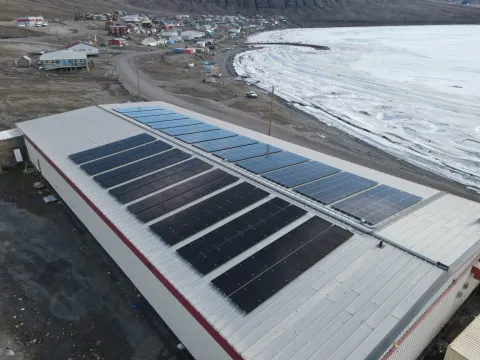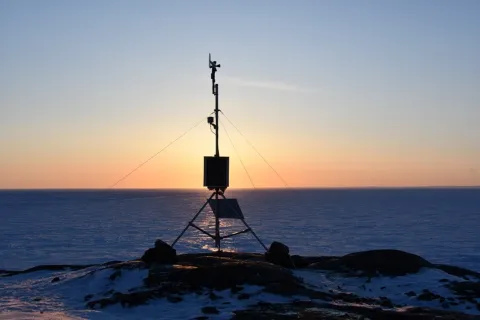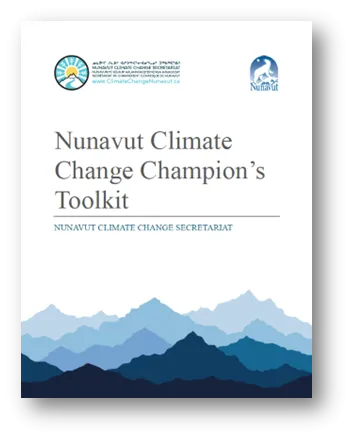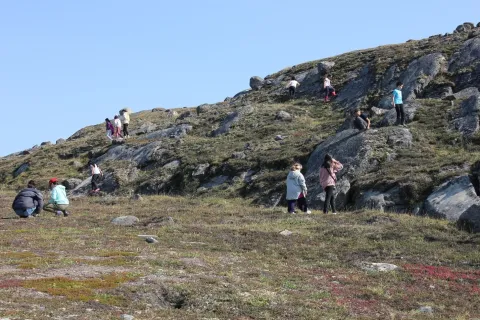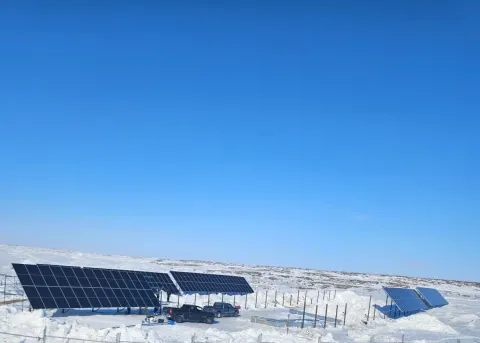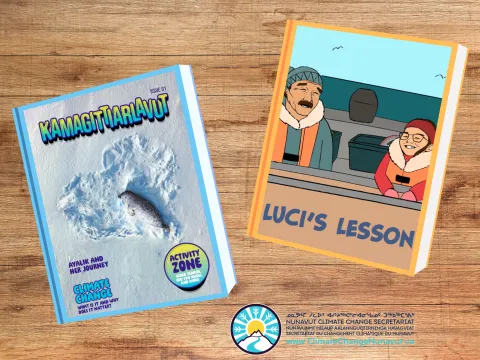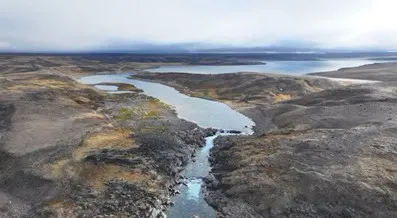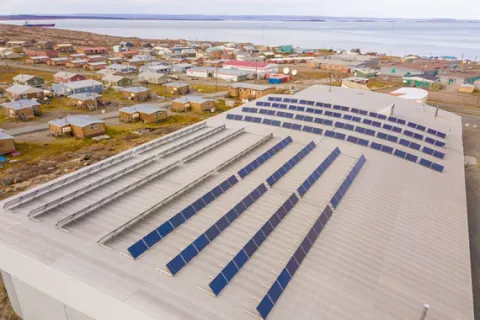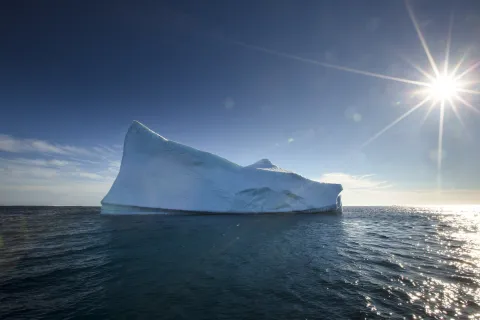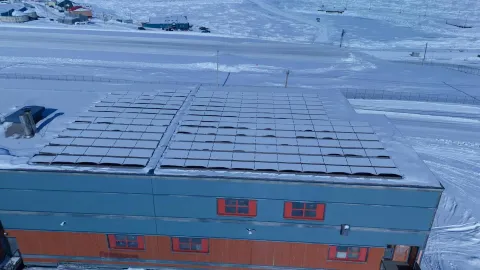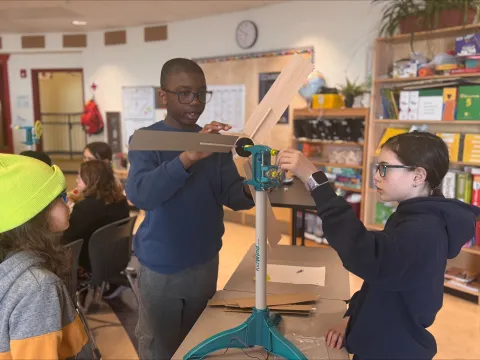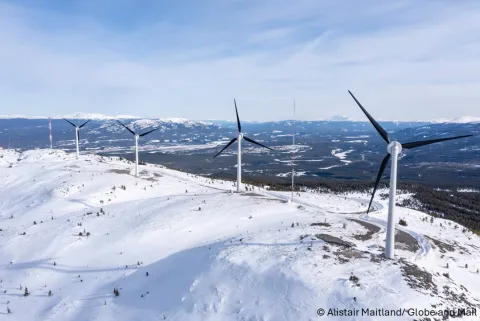Qulliq Energy Corporation (QEC) has launched its new Ikajuuti LED Program to help Nunavut Elders and Seniors save energy at home.
Nunavut’s energy transition is underway.
Across the territory, more solar projects are coming online. Some are small, and some large, but each one provides lessons for how more sustainable energy sources can work in Nunavut’s unique environment.
Silanniarviit, is an Inuit-led group of community weather station network managers in Nunavut. They have developed Silanga.ca to help share and promote the use of community-based weather information.
Learn how Naujaat is embracing solar energy as part of its transition to sustainable energy — click here to read the full story.
On February 2nd, Nunavut’s Premier, P.J.
The Climate Change Secretariat is excited to announce the release of two new educational resources focused on climate change and sustainable energy awareness and action.
Nunavut is taking meaningful steps toward a sustainable future with two major projects that aim to reduce reliance on diesel and cut greenhouse gas emissions.
Earth Hour is a global event that raises awareness about sustainability and climate change by encouraging people to turn off their lights for one hour.
The Government of Nunavut has taken a significant step forward in its commitment to support sustainable energy projects in Nunavut with the approval of their new Sustainable Energy Support Policy (SESP).

